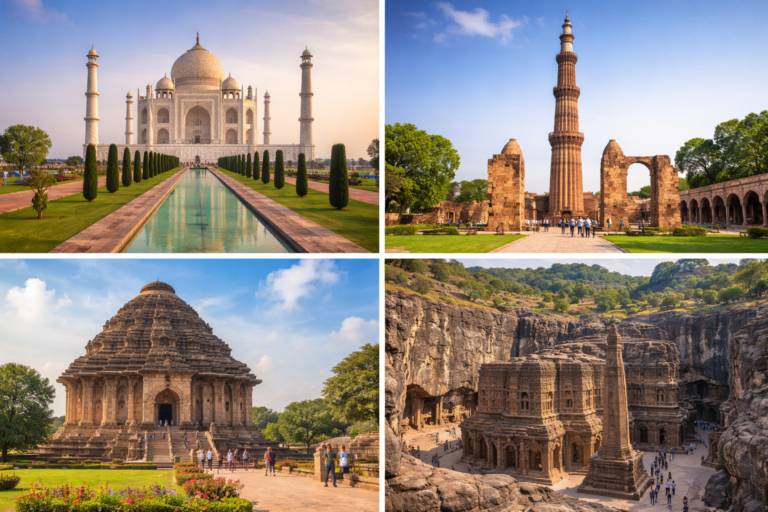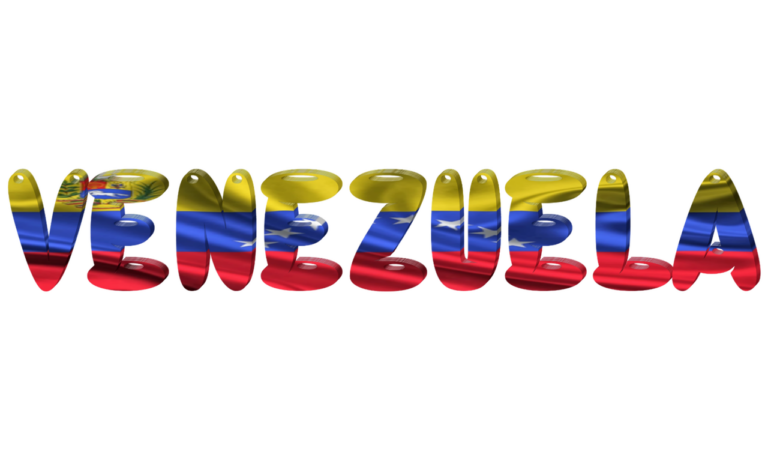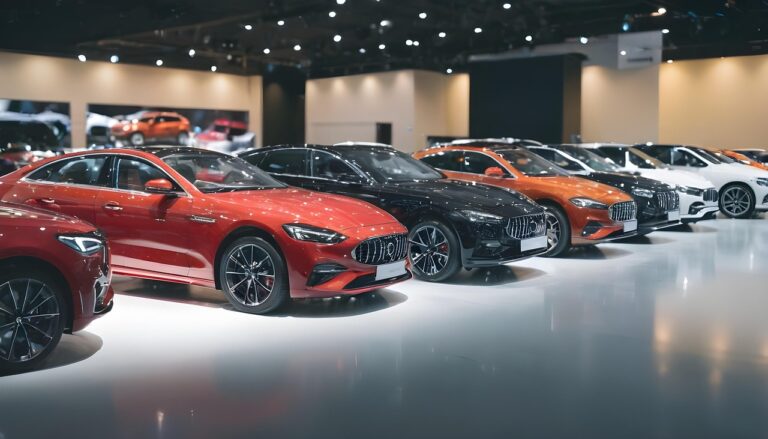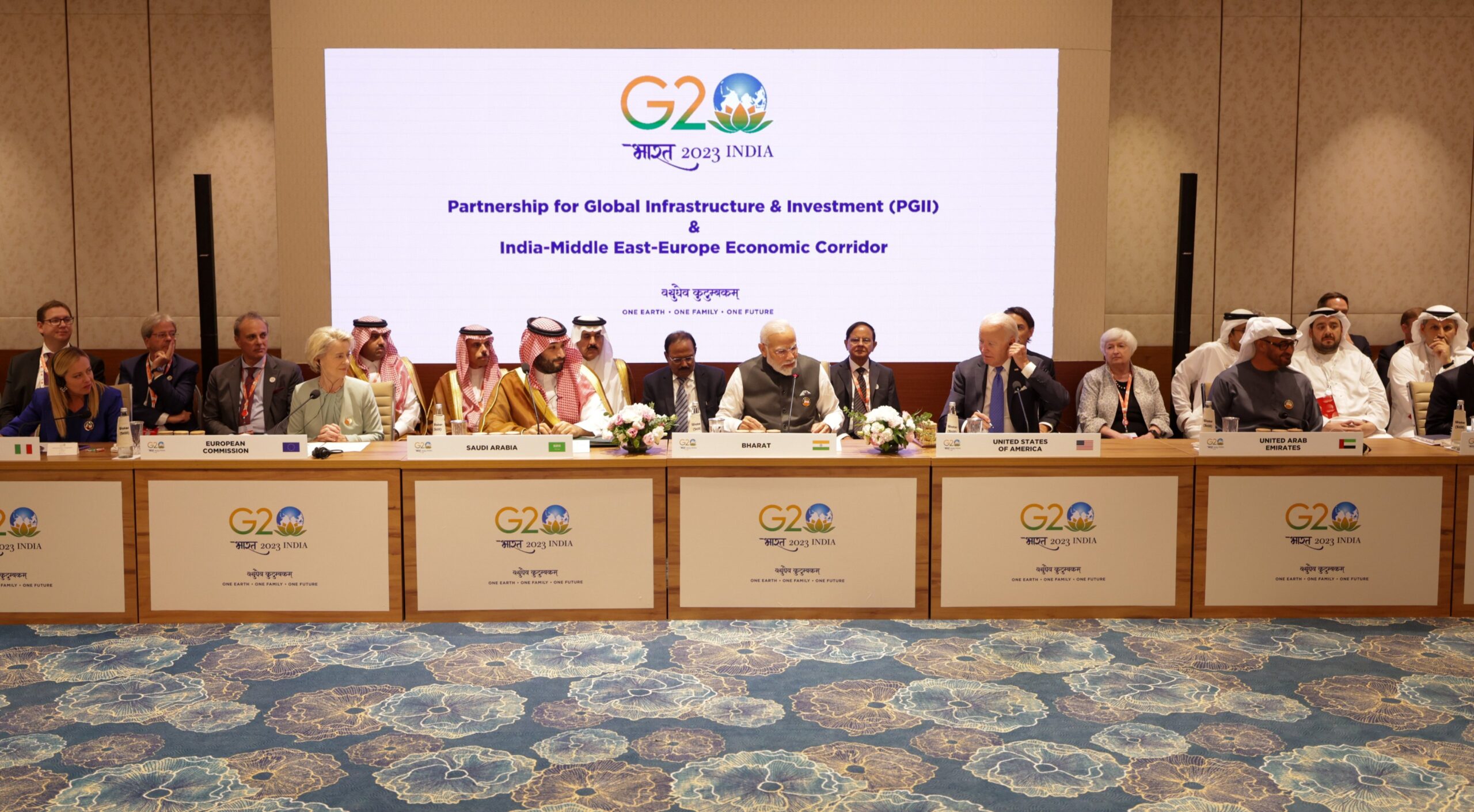
New Delhi: On the sidelines of the G20 Summit, Saudi Arabia, the European Union, India, the United Arab Emirates (UAE), France, Germany, Italy, and the United States of America today signed an MoU to commit to working together to establish the India – Middle East – Europe Economic Corridor (IMEC), which would stimulate economic development through enhanced connectivity and economic integration between Asia, the Arabian Gulf, and Europe.
The IMEC nations would meet within the next sixty days to develop and commit to an action plan with relevant timetables.
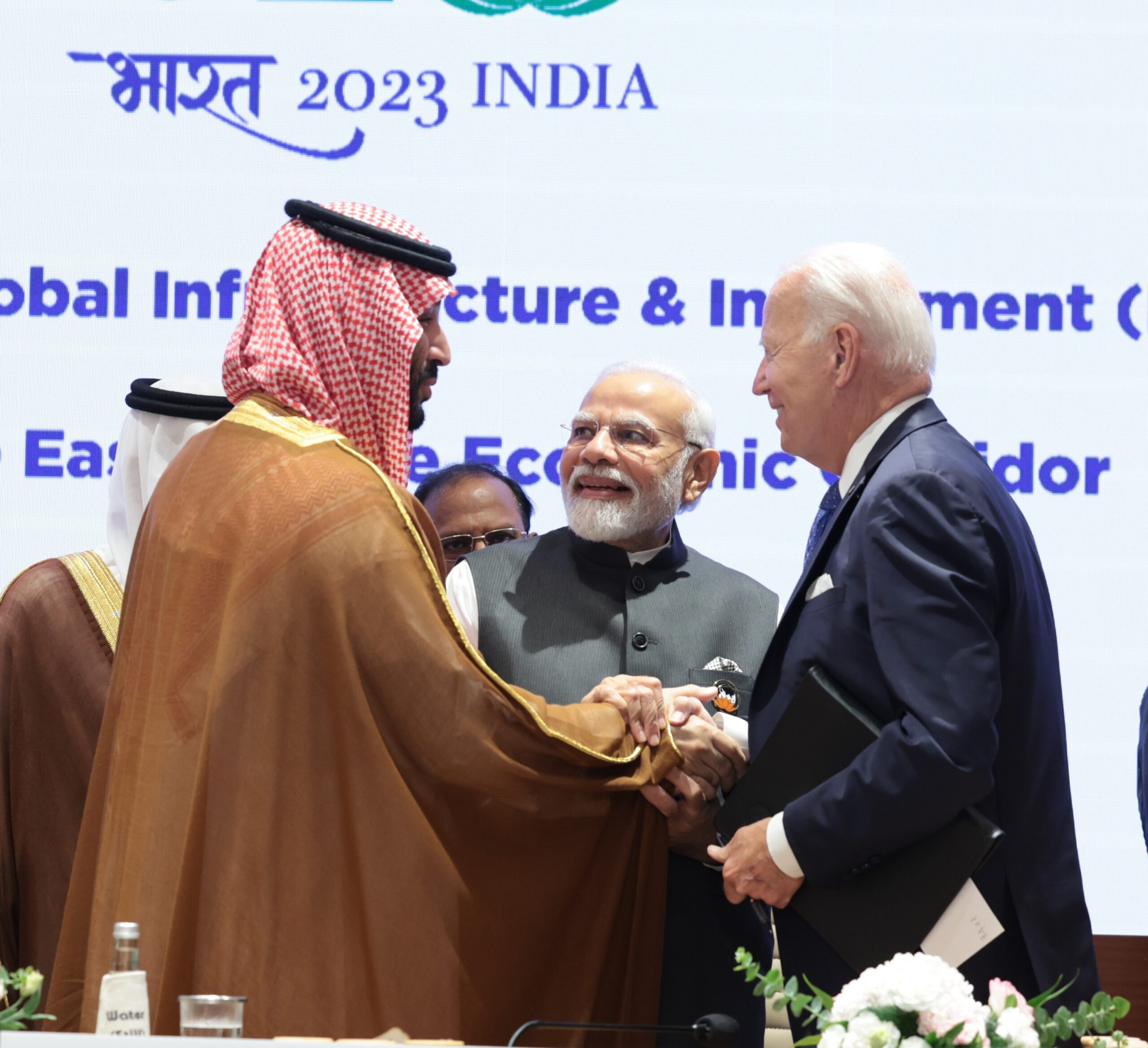
The IMEC will be comprised of two separate corridors, the east corridor connecting India to the Arabian Gulf and the northern corridor connecting the Arabian Gulf to Europe. It will include a railway that, upon completion, will provide a reliable and cost-effective cross-border ship-to-rail transit network to supplement existing maritime and road transport routes – enabling goods and services to transit to, from, and between India, the UAE, Saudi Arabia, Jordan, Israel, and Europe.
Along the railway route, Participants intend to enable the laying of cable for electricity and digital connectivity, as well as a pipe for clean hydrogen export. This corridor will secure regional supply chains, increase trade accessibility, improve trade facilitation, and support an increased emphasis on environmental social, and government impacts.
The participating nations intend that the corridor will increase efficiencies, reduce costs, enhance economic unity, generate jobs, and lower greenhouse gas emissions – – resulting in a transformative integration of Asia, Europe and the Middle East.
In support of this initiative, the MoU stated that they commit to work collectively and expeditiously to arrange and implement all elements of these new Transit 2 routes, and to establish coordinating entities to address the full range of technical, design, financing, legal and relevant regulatory standards.
Indian Prime Minister Narendra Modi, while hailing the MoU as a beacon of cooperation, innovation, and shared progress, stated, “As history unfolds, may this corridor be a testament to human endeavour and unity across continents”.
“Today’s Memorandum of Understanding is the result of initial consultations. It sets forth political commitments of the Participants and does not create rights or obligations under international law,” the White House stated.
Sources said that this move is likely to challenge China’s Belt and Road Initiative. This project seems to be a key initiative the White House is pushing in the Middle East as China’s influence in the region is growing.
– global bihari bureau


